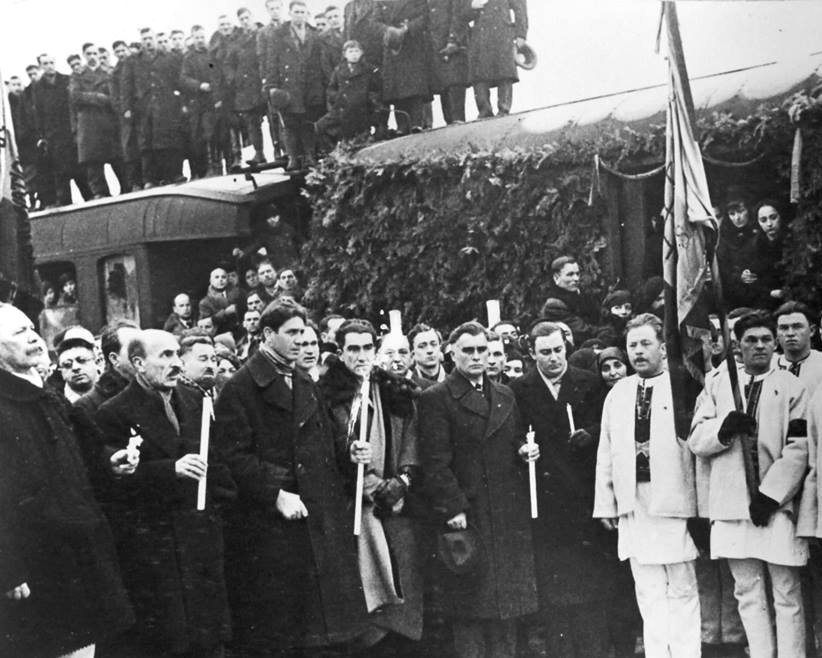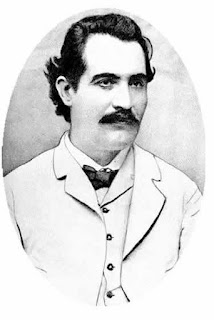House of Peace: Why Stephen the Great Still Matters
There are several ways in which Stephen the Great is still a pertinent figure today, contrary to what his critics claim. It is flatly wrong to dismiss him as too much of an anachronism to be an appropriate role model in our age. Let us examine the reasons why.
In the Islamic tradition, there are three classifications that a Muslim nation or empire uses to classify other states. A “House of Islam” is an Islamic or Islamized nation, while a “House of War” is a non-Muslim enemy nation. A third, less common category is a “House of Peace,” a neutral country that is neither Islamic nor regarded as an enemy of Islam. The “House of Peace” status is what the old Romanian princes wanted for Wallachia and Moldavia, and most of them only went to war with the Turks after the latter had flagrantly violated this agreement. Stephen the Great is the foremost example of this mentality.
The “House of Peace” status is something that, from time to time, must be fought for. For example, Mehmed II opposed the semi-autonomy of the Romanian principalities, because he smartly predicted that it would lead to the decline of the Ottoman Empire. Mehmed, an Italiophile whose own mother was probably either Italian or Italian-Jewish, had no use for such an un-Machiavellian concept as a “House of Peace.” This is why he unsuccessfully sought to crush the Romanian principalities with armies larger than the one with which he had conquered Constantinople.
Stephen the Great did not really see himself as a crusader against Islam, but he earned that reputation by handing Mehmed II the worst defeat the Turks had yet seen. Stephen preferred peace treaties over war with the Ottoman Turks, and only went to war with them after these treaties were systematically violated by the ambitious Mehmed II. In this regard, Stephen is an excellent antidote to many so-called leaders today, who endorse the most unprovoked acts of aggression against Islamic nations while allowing alien Muslims to immigrate to their countries. Stephen the Great’s attitude was just the opposite, favoring good relations with Muslims over war with them, but not hesitating to go to war over any attempts to Islamize his country.
Another reason why Stephen the Great is a good figure to look up to is that he was a political and strategic genius. Being the leader of an encircled country, he based his alliances on the principle of avoiding wars on multiple fronts. He possessed such a natural ability to do this that he made it look easy, which it is not. He is therefore an excellent model for geopolitically encircled countries to follow.
The anti-Orthodox Soros press in Romania is fond of ridiculing the canonization of Stephen the Great, usually on the grounds that having many women supposedly tarnishes his status as a model Christian man. This is a foolish lie. First of all, this type of arrangement was in no way condemned by the Church at the time. Secondly, the fact that the most historically distinguished of all his many immediate heirs was a daughter suggests that Stephen, unlike his cousin Vlad, really loved and understood women. That is not to suggest that his lifestyle is in any way applicable to today's times, and even then it was clearly not understood as something for the average man. But in those times, it must have promoted a real sense of Christian sisterhood built around the idea of overcoming female jealously.
In conclusion, Stephen the Great is not a museological anachronism, as his critics ignorantly say he is. On the contrary, he has much to teach us today. One could even go so far as to argue that he is more pertinent now than ever.





Comments
Post a Comment